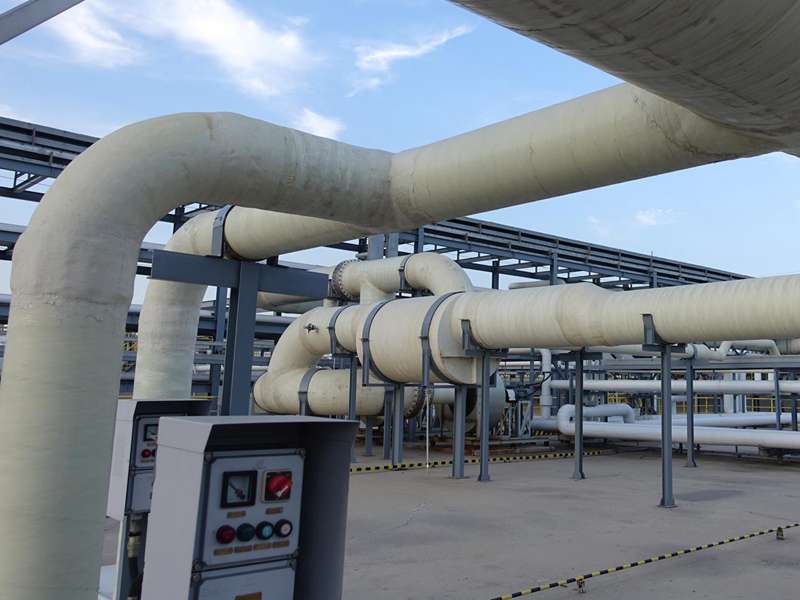
-
 Afrikaans
Afrikaans -
 Albanian
Albanian -
 Amharic
Amharic -
 Arabic
Arabic -
 Armenian
Armenian -
 Azerbaijani
Azerbaijani -
 Basque
Basque -
 Belarusian
Belarusian -
 Bengali
Bengali -
 Bosnian
Bosnian -
 Bulgarian
Bulgarian -
 Catalan
Catalan -
 Cebuano
Cebuano -
 China
China -
 China (Taiwan)
China (Taiwan) -
 Corsican
Corsican -
 Croatian
Croatian -
 Czech
Czech -
 Danish
Danish -
 Dutch
Dutch -
 English
English -
 Esperanto
Esperanto -
 Estonian
Estonian -
 Finnish
Finnish -
 French
French -
 Frisian
Frisian -
 Galician
Galician -
 Georgian
Georgian -
 German
German -
 Greek
Greek -
 Gujarati
Gujarati -
 Haitian Creole
Haitian Creole -
 hausa
hausa -
 hawaiian
hawaiian -
 Hebrew
Hebrew -
 Hindi
Hindi -
 Miao
Miao -
 Hungarian
Hungarian -
 Icelandic
Icelandic -
 igbo
igbo -
 Indonesian
Indonesian -
 irish
irish -
 Italian
Italian -
 Japanese
Japanese -
 Javanese
Javanese -
 Kannada
Kannada -
 kazakh
kazakh -
 Khmer
Khmer -
 Rwandese
Rwandese -
 Korean
Korean -
 Kurdish
Kurdish -
 Kyrgyz
Kyrgyz -
 Lao
Lao -
 Latin
Latin -
 Latvian
Latvian -
 Lithuanian
Lithuanian -
 Luxembourgish
Luxembourgish -
 Macedonian
Macedonian -
 Malgashi
Malgashi -
 Malay
Malay -
 Malayalam
Malayalam -
 Maltese
Maltese -
 Maori
Maori -
 Marathi
Marathi -
 Mongolian
Mongolian -
 Myanmar
Myanmar -
 Nepali
Nepali -
 Norwegian
Norwegian -
 Norwegian
Norwegian -
 Occitan
Occitan -
 Pashto
Pashto -
 Persian
Persian -
 Polish
Polish -
 Portuguese
Portuguese -
 Punjabi
Punjabi -
 Romanian
Romanian -
 Russian
Russian -
 Samoan
Samoan -
 Scottish Gaelic
Scottish Gaelic -
 Serbian
Serbian -
 Sesotho
Sesotho -
 Shona
Shona -
 Sindhi
Sindhi -
 Sinhala
Sinhala -
 Slovak
Slovak -
 Slovenian
Slovenian -
 Somali
Somali -
 Spanish
Spanish -
 Sundanese
Sundanese -
 Swahili
Swahili -
 Swedish
Swedish -
 Tagalog
Tagalog -
 Tajik
Tajik -
 Tamil
Tamil -
 Tatar
Tatar -
 Telugu
Telugu -
 Thai
Thai -
 Turkish
Turkish -
 Turkmen
Turkmen -
 Ukrainian
Ukrainian -
 Urdu
Urdu -
 Uighur
Uighur -
 Uzbek
Uzbek -
 Vietnamese
Vietnamese -
 Welsh
Welsh -
 Bantu
Bantu -
 Yiddish
Yiddish -
 Yoruba
Yoruba -
 Zulu
Zulu
glass fiber tank
Understanding Glass Fiber Tanks A Modern Solution for Storage Needs
In recent years, glass fiber tanks have become an increasingly popular choice for various storage applications. Known for their strength, durability, and versatility, these tanks are utilized in a range of industries, from water treatment to chemical storage. This article delves into the properties of glass fiber tanks, their benefits, and their applications, showcasing why they represent a modern solution for storing liquids and other materials.
What Are Glass Fiber Tanks?
Glass fiber tanks are composite structures made from a resin matrix reinforced with glass fibers. This combination results in a material that is both lightweight and exceptionally strong. Unlike traditional materials such as steel or concrete, glass fiber tanks offer unique advantages that make them suitable for multiple environments and applications.
Advantages of Glass Fiber Tanks
1. Corrosion Resistance One of the most significant benefits of glass fiber tanks is their resistance to corrosion. Traditional storage tanks often succumb to rust and degradation over time, especially when storing corrosive substances. In contrast, glass fiber tanks do not rust or corrode, ensuring a long lifespan and reducing maintenance costs.
2. Lightweight Design Glass fiber tanks are notably lighter than their metal or concrete counterparts. This lightweight nature makes them easier to transport, install, and relocate when necessary. The reduced weight also allows for less intensive foundation requirements, making installation quicker and more cost-effective.
3. Customizability These tanks can be manufactured in various sizes and shapes, catering to specific storage needs. Whether you require a large capacity tank for industrial purposes or a smaller unit for residential use, glass fiber can be molded to fit the requirements of the application.
4. Insulation Properties Glass fiber possesses excellent insulation properties, allowing it to maintain the temperature of its contents effectively. This is particularly important for industries where temperature control is crucial, such as in the storage of chemicals or food products.
glass fiber tank

5. Environmental Sustainability With increasing environmental awareness, the demand for sustainable solutions has risen. Glass fiber tanks can be designed to minimize environmental impact, and their long lifespan reduces the need for frequent replacements, ultimately leading to less waste.
Applications of Glass Fiber Tanks
Glass fiber tanks are highly versatile and have found applications across numerous sectors
- Water Treatment These tanks are often used in municipal water treatment plants for storage and sedimentation processes. Their resistance to biofouling makes them ideal for storing clean water.
- Chemical Storage Industries that deal with acids, bases, and other chemicals benefit significantly from glass fiber tanks due to their corrosion resistance. They can safely store hazardous materials without the risk of contamination or degradation.
- Agriculture Glass fiber tanks are widely used in agricultural applications for the storage of fertilizers, pesticides, and irrigation water. Their robustness ensures safe storage, while their customizability caters to diverse farming needs.
- Wastewater Management Many wastewater facilities utilize glass fiber tanks for both storage and treatment processes. Their resilience to harsh chemicals makes them suitable for storing various waste products.
Conclusion
The rise of glass fiber tanks represents a shift towards more efficient and sustainable storage solutions in various industries. With their unique properties such as corrosion resistance, lightweight design, and customizability, it's no wonder they are gaining popularity. As the need for durable and reliable storage options grows, glass fiber tanks stand out as an innovative choice that meets both current and future needs. Their ongoing adoption across multiple sectors signifies a commitment to advancing technology while prioritizing environmental and economic considerations. Whether for industrial applications or everyday use, glass fiber tanks are redefining what we can expect from storage solutions.









